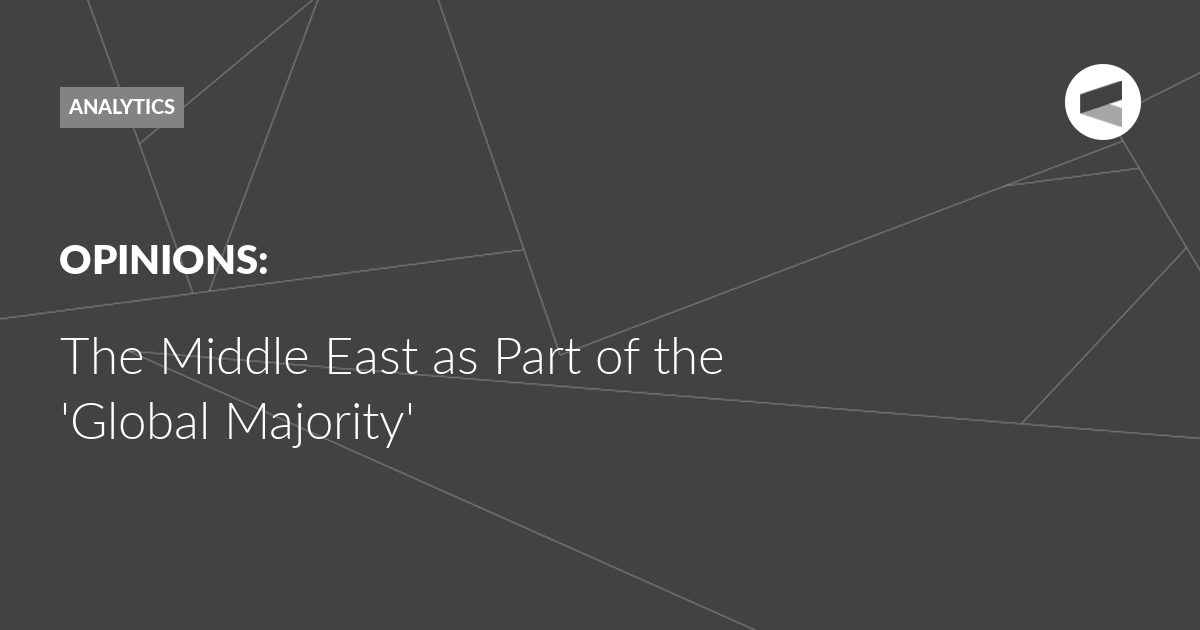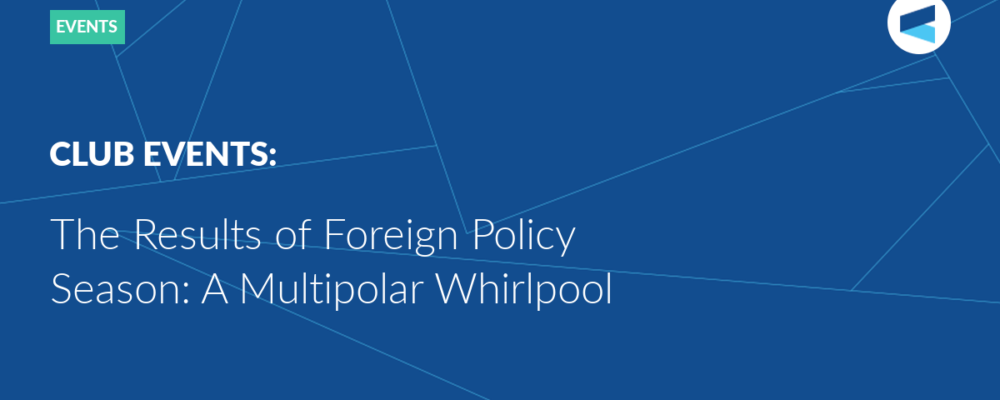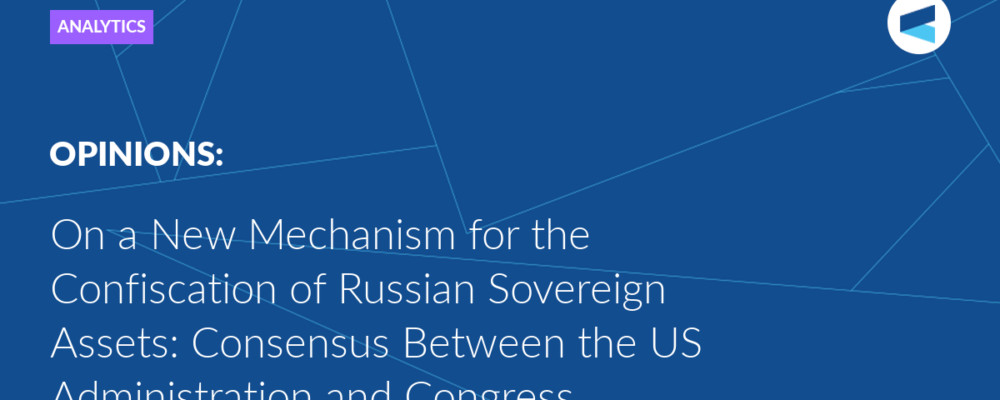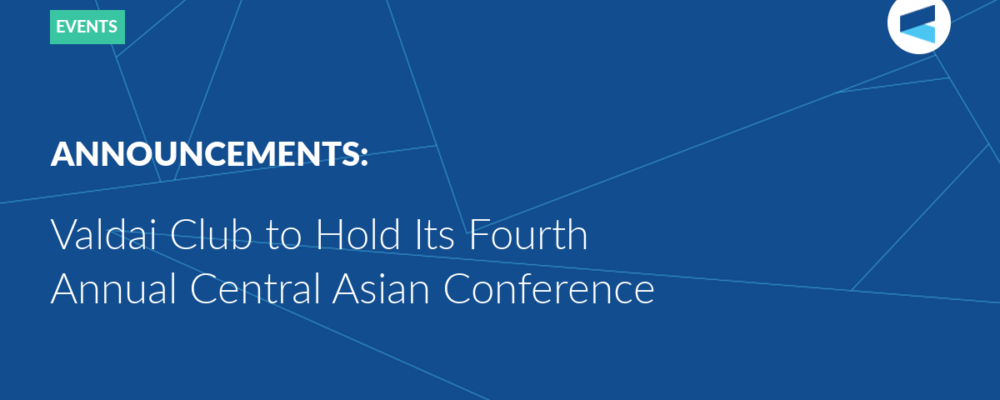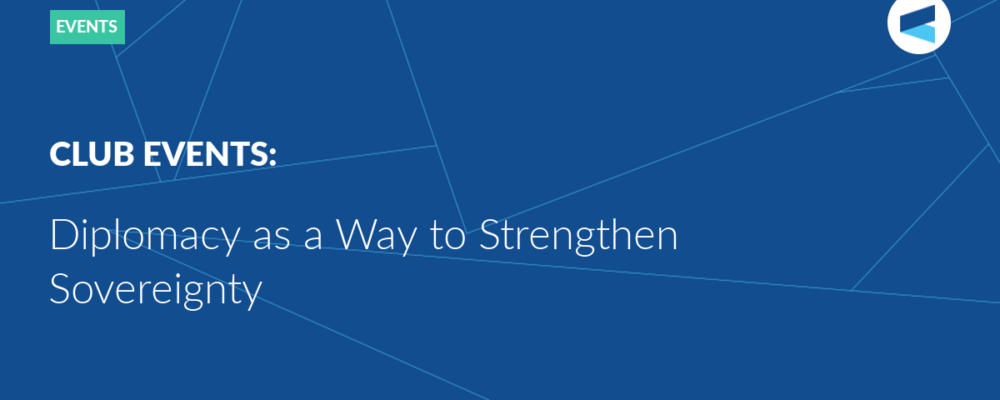Since the outbreak of the conflict in Ukraine, Middle Eastern countries have increasingly figured into the international agenda as mediators in the dialogue between the West and Russia. Not only do they actively participate in humanitarian initiatives, such as prisoner exchanges, but they also influence key aspects of the negotiation process. Against this background, Riyadh stands out in particular, having become the venue for the first round of high-level talks between Russia and the United States in three years, which took place on February 18, 2025.
The meeting had more of a fact-finding nature, but its significance extends far beyond a simple exchange of opinions. This event marks an attempt to create new mechanisms of interaction that will help normalise relations between Moscow and Washington. The parties realised the need to take into account mutual interests and work to restore channels of communication, which could provide the framework for further negotiations and the search for compromises on key international issues.
Of course, this is an important event for the development of relations and the future of not only the two countries, but also the entire world. What is remarkable for us, however, is how the Middle East is becoming a bridge between the countries of the “global majority” and the West. For decades, the world community has perceived the Middle East as a region of endless conflicts, instability and geopolitical turbulence. However, in recent years, it has rapidly been transforming. Today, the Middle East is no longer just an arena where the interests of global players are played out; it is becoming an independent centre of power which exerts serious influence on global processes. The growth of diplomatic activity, the strengthening of economic ties with leading powers and mediation functions in major international conflicts testify to the growing importance of the region. Economic development, investment initiatives, technological breakthroughs and diplomatic efforts are shaping a new image of the Middle East. Countries in the region, such as the UAE, Saudi Arabia, Qatar and others, are actively diversifying their economies, reducing dependence on oil revenues and developing such areas as high technology, tourism, finance and future forms of energy. In addition, the diplomatic activity of the Middle Eastern countries is increasing: the region is becoming a platform for negotiations, peace initiatives and cooperation between world powers. Political and economic unions, such as the Gulf Cooperation Council, are gaining weight in the international arena.
The growing influence of the Middle Eastern countries is due not only to their geographical location, but also to their ability to conduct multi-level policies, find a balance between opposing sides and propose initiatives that have real significance for global stability. This region is becoming not just a participant in the global dialogue, but its integral driver, capable of setting the tone in solving the key issues of our time.
In the context of a changing global balance of power, the Middle East demonstrates ambitions and a desire for independence, forming new rules of the game in world politics and economics. This process requires attention and a rethinking of traditional views regarding the region, which is increasingly influencing the future of the world system.
Middle Eastern Mediators of the “Ukrainian Crisis”
Since the outbreak of the Ukrainian conflict, Middle Eastern countries have increasingly become active mediators, seeking to promote a peaceful settlement. The region, long perceived as an arena of instability and clashes, is now demonstrating its capacity for effective diplomacy, bringing together the interests of the West, Russia and Ukraine. Israel, Turkey, Saudi Arabia, the UAE and Qatar have become key mediators, participating in peace talks, humanitarian initiatives and prisoner exchanges. Their active role shows that the Middle East is ceasing to be an object of international relations and is becoming a subject capable of influencing global conflicts.
One of the first countries to attempt a diplomatic settlement was Israel. Then-Prime Minister Naftali Bennett visited Moscow on March 5, 2022, for talks with Vladimir Putin. His goal was to prevent the further escalation of the conflict and find a diplomatic way out of the current situation. According to Bennett, possible guarantees of Ukraine’s neutral status were discussed during the meeting, but the proposed agreements were rejected under pressure from the United States and its allies, who were not interested in a peaceful resolution of the conflict. Despite the failure of this initiative, it was the first attempt to involve the Middle East in the peace process. After the failure of Israeli diplomacy, Turkey took the initiative. Due to its strategic position and balanced relations with both Moscow and Kiev, Ankara became a key platform for negotiations. On March 29, 2022, direct talks between Russian and Ukrainian delegations took place in Istanbul. The main point of discussion was Ukraine’s neutral status, which included giving up ambitions to join NATO and refusing to host foreign military bases. Russia, in turn, expressed its readiness to reduce military activity in the Kyiv and Chernihiv regions. However, despite significant progress in the negotiations, the peace process was disrupted after British Prime Minister Boris Johnson’s visit to Kiev, who convinced the Ukrainian leadership to abandon any compromises. Nevertheless, Turkey continued its mediation efforts, achieving a grain deal in July 2022 which allowed the resumption of Ukrainian grain exports through the Black Sea and prevented a global food crisis. In addition to diplomatic initiatives, Arab countries, primarily the UAE, Saudi Arabia and Qatar, are playing an active role in resolving the conflict. They are focused on humanitarian aspects, including the exchange of prisoners of war and the return of children. The United Arab Emirates has conducted 12 exchanges since the beginning of 2024, releasing 2,583 people. Saudi Arabia also played a key role, organising the largest exchange, as a result of which Russia returned 55 servicemen, and Ukraine released 215 people, including foreign mercenaries. Qatar, in turn, facilitated the return of Ukrainian children separated from their families. In October 2023, several children were handed over to the Ukrainian side, and in February 2025, two 12-year-old sisters were reunited with their mother in Russia. These humanitarian initiatives demonstrated that Arab countries are capable of not only participating in diplomatic negotiations, but also making a concrete contribution to alleviating the consequences of the conflict. Saudi Arabia came to the fore not only in humanitarian issues, but also as a platform for negotiations. In August 2023, an international summit on Ukraine was held in Jeddah, bringing together more than 40 countries, including China, India, Brazil, Egypt and South Africa. Although Russia did not participate, the Saudi side maintained contact with Moscow, providing information about the progress of the negotiations and calling on Ukraine to take into account the interests of all parties. Even more significant was the holding of the first high-level meeting of Russian and US representatives in three years in Riyadh on February 18, 2025. Despite the fact-finding nature of the negotiations, their very organisation became an important step towards the possible restoration of dialogue. Saudi Arabia was one of the few countries capable of creating a neutral platform for discussing further steps to resolve the crisis.
Middle East Renaissance: The Time of the “Global Majority” Has Come
The Middle East, which has long been considered a region dependent on the decisions of world powers, is now becoming an independent actor in international politics. Israel, Turkey, Saudi Arabia, the UAE and Qatar have made significant contributions to attempts to resolve the conflict in Ukraine, demonstrating their ability to pursue flexible diplomacy. Their active participation in negotiation processes, humanitarian initiatives and diplomatic contacts with leading world players shows that the region is no longer limited to the role of a passive observer, and is becoming a key link in global processes. In a situation where traditional mechanisms of international diplomacy are experiencing a crisis, the Middle East, as part of the “global majority,” is demonstrating its ability to engage in dialogue, mediate and find solutions to the most complex conflicts of our time. Back in 2018, Saudi Arabia’s Crown Prince Mohammed bin Salman Al Saud openly declared his ambitious plans for a radical transformation of the Middle East. Speaking at an investment forum in Riyadh, he emphasised that the region should cease to be the periphery of global development and become a centre for global economic growth. According to him, if the reforms being implemented are successful in the next five years, a real renaissance will begin in the Middle East, which will affect not only Saudi Arabia, but also neighbouring countries – Bahrain, Kuwait, Qatar, Jordan, Egypt and Iraq. The prince compared the upcoming changes with the processes that once transformed Europe, stating that his main goal is to make the Middle East a new economic and technological centre of the world. The strategic reform plan Vision 2030, developed under the leadership of the Crown Prince, is called upon to play a key role in this process. It involves large-scale diversification of the Saudi Arabian economy, a reduction of dependence on oil, the development of high-tech industries, investment in infrastructure and the creation of global innovation hubs. One of the symbols of these changes was the partial privatisation of the oil giant Saudi Aramco, designed to attract investment and stimulate economic growth.
The prince’s speech at the forum was met by thunderous applause from the audience, confirming that his vision of the future resonates with investors and business leaders. Thus, the forum “Investment Initiative for the Future,” which he initiated, became an important platform for discussing economic reforms and forming a new image of the Middle East, which, according to Mohammed bin Salman, should take its place among the world’s centres of power.
Theories of historical cycles suggest that the Middle East is again entering a renaissance phase. The modern states of the region, as well as their political and economic elites are relatively young, and their ambitions, supported by the growth of national self-awareness, reflect a desire to take a worthy place in the new world order. Taking advantage of the window of opportunity associated with the global transformation of international relations, Middle Eastern countries are actively strengthening their positions, laying the foundation for long-term development. Each state in the region has today announced its national vision of the future. Saudi Arabia is implementing a large-scale reform plan, Vision 2030, aimed at diversifying the economy, developing high technologies and reducing dependence on oil. The UAE is securing its status as a technological and financial hub, focusing on innovation, artificial intelligence and green energy. Qatar continues to use its gas revenues to expand its global influence and transform its domestic economy within the framework of the Qatar National Vision 2030 program. Egypt is betting on infrastructure modernisation and industrialisation, and Turkey, balancing between East and West, is striving for a technological breakthrough and strengthening its role in regional politics. Even Iraq and Jordan, typically considered less developed economies, have announced long-term strategies for the restoration and modernisation of their states. The young political and business elites of the Middle East are closely studying the experiences of other regions, andseeking to achieve stability through the diversification of economic ties. Outwardly, they are increasing cooperation with Asia, Africa, Europe and America, but the key vector of their strategy is the creation of strong economic and infrastructural ties within the region itself. Middle Eastern countries are actively investing in regional projects, understanding that their well-being is impossible without the development of their neighbours. Funds received from the sale of oil and gas are directed to the creation of high-tech industries, the development of logistics corridors, the construction of cities of the future and support for innovative start-ups.
The region’s leaders understand that economic prosperity is the key to resolving conflicts, so they are not only strengthening their national economies, but also promoting the development of less wealthy countries. Saudi Arabia and the UAE are investing billions of dollars in infrastructure and energy in Egypt, Jordan, and Iraq. Turkey is actively developing transport corridors linking the East and West. Qatar and Kuwait are investing in sustainable development and education projects across the Arab world. Since 2020, the Middle East has experienced a wave of warming and a normalisation of relations between key regional players. The restoration of diplomatic contacts between the Gulf countries, the reconciliation of Saudi Arabia and Iran, and the strengthening of the Arab-Turkish dialogue – all this testifies to the desire of regional powers for more constructive interaction. However, new challenges still remain. The main hotbeds of tension are now centred around the rivalry of global powers for influence in the region, the confrontation between Iran and Israel, as well as the search for a solution to the Palestinian-Israeli conflict. These factors make the issue of security key to the future of the region.
It is obvious that the Middle East needs a new security architecture that cannot be built solely on military alliances and forceful deterrence. Economic integration, the expansion of mutual trade, and the development of cross-border infrastructure projects can provide the framework for long-term peace. Regional powers are already taking their first steps in this direction, realising that stability is possible only through economic prosperity, cooperation, and the creation of strong interdependencies. If this vector is realised, the Middle East will truly be able to repeat its historical renaissance, becoming one of the key centres of the “global majority” in the 21st century.
The Valdai Discussion Club was established in 2004. It is named after Lake Valdai, which is located close to Veliky Novgorod, where the Club’s first meeting took place.
Please visit the firm link to site


